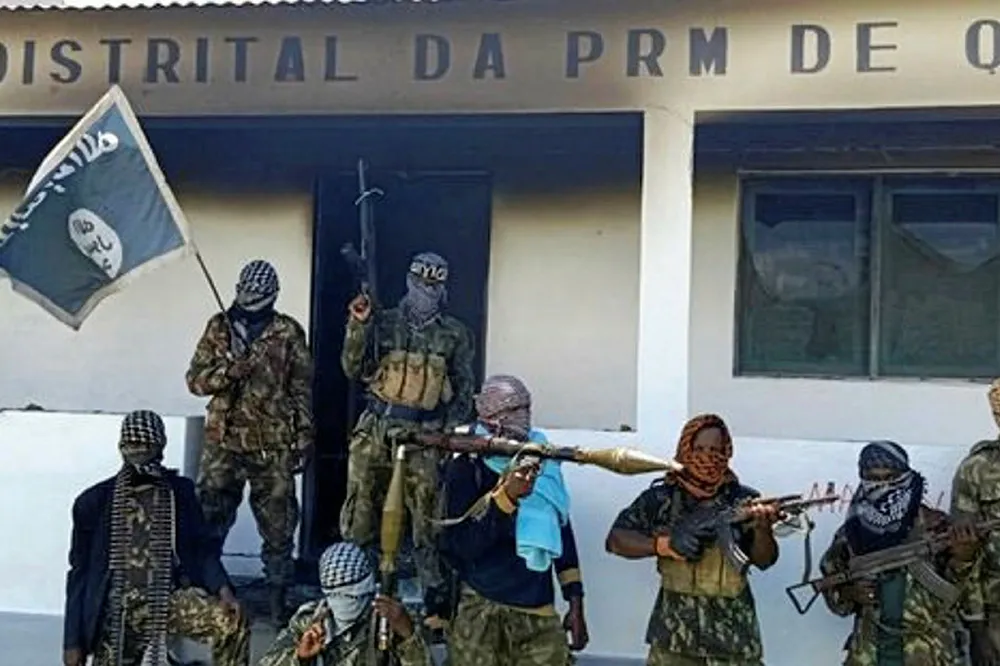Insurgents hit second Mozambique town as Islamic State claims earlier attack
Population flees as militants attack second town in three days as Cabo Delgado terrorist threat expands

Population flees as militants attack second town in three days as Cabo Delgado terrorist threat expands
